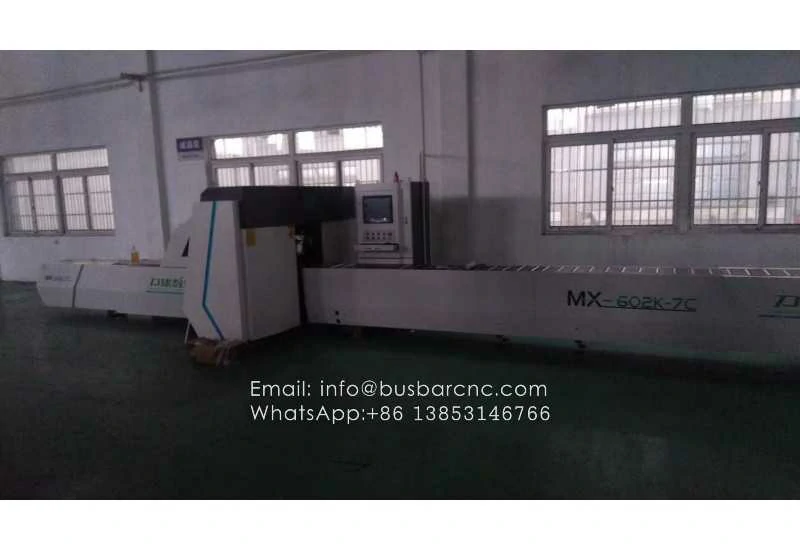Busbar Bending in Malaysia- Technology for Modern Industries
Malaysia has emerged as a leading hub for modern industries, with a strong focus on technology and innovation. One such area where Malaysia excels is in busbar bending technology. Busbars are an integral component in electrical power distribution systems, and their efficient bending is crucial for the smooth functioning of various industries. In this article, we will explore the advancements in busbar bending technology in Malaysia and how it has revolutionized modern industries.
Busbars play a vital role in transmitting and distributing electrical power within a facility. Traditionally, busbars were fabricated using manual methods, which required skilled labor and were time-consuming. However, with the advent of advanced technology, Malaysia has witnessed significant improvements in busbar bending processes.
One of the key advancements in busbar bending technology is the introduction of CNC (Computer Numerical Control) machines. These machines utilize computer programming to precisely bend and shape busbars according to specific requirements. CNC machines have revolutionized the busbar bending process by offering higher accuracy, repeatability, and efficiency. The ability to program complex bends with minimal human intervention has resulted in faster production cycles and reduced errors.
Another significant development in busbar bending technology is the incorporation of servo-electric systems. Unlike traditional hydraulic systems, servo-electric systems provide more precise control over the bending process. They allow for greater flexibility and accuracy in achieving desired angles and shapes. Additionally, servo-electric systems are more energy-efficient and environmentally friendly, making them a preferred choice for modern industries.
The use of advanced software and simulation tools has also played a crucial role in enhancing busbar bending processes. These tools enable engineers and technicians to design and simulate busbar bending operations before actual production. This virtual prototyping allows for the identification and rectification of any potential issues or errors, resulting in cost savings and improved productivity.
Furthermore, Malaysia has seen the development of specialized tooling and accessories for busbar bending. These tools are designed to provide busbar bending machine manufacturer in ahmedabad greater efficiency, precision, and safety in the bending process. For instance, automatic centering devices ensure accurate alignment of the busbar, reducing the chances of errors. Similarly, quick-change tooling systems enable faster setups and changeovers, contributing to improved productivity.

The advancements in busbar bending technology have had a significant impact on various industries in Malaysia. The manufacturing sector, in particular, has witnessed increased productivity and cost savings due to the efficient bending of busbars. Industries such as automotive, electronics, and renewable energy have greatly benefited from these technological advancements.
In the automotive industry, busbars are extensively used in electric vehicles (EVs) for power distribution. The precise bending of busbars ensures optimal performance and reliability of EVs, contributing to the growth of the industry. Similarly, in the electronics industry, busbars play a crucial role in power supply and distribution systems. The use of advanced busbar bending technology ensures efficient operation and reduced downtime in electronics manufacturing facilities.
Renewable energy is another sector that has experienced the positive impact of busbar bending advancements. With the increasing adoption of solar and wind energy, busbars are essential for transmitting power generated by renewable sources. The accurate bending of busbars ensures minimal power loss and maximum efficiency in the energy transmission process.
In conclusion, the advancements in busbar bending technology in Malaysia have revolutionized modern industries. The introduction of CNC machines, servo-electric systems, software simulation tools, and specialized tooling has greatly improved the efficiency, precision, and productivity of busbar bending processes. Industries such as automotive, electronics, and renewable energy have reaped the benefits of these advancements, contributing to the growth of Malaysia’s economy. As Malaysia continues to focus on technology and innovation, it is poised to further establish itself as a global leader in busbar bending technology.